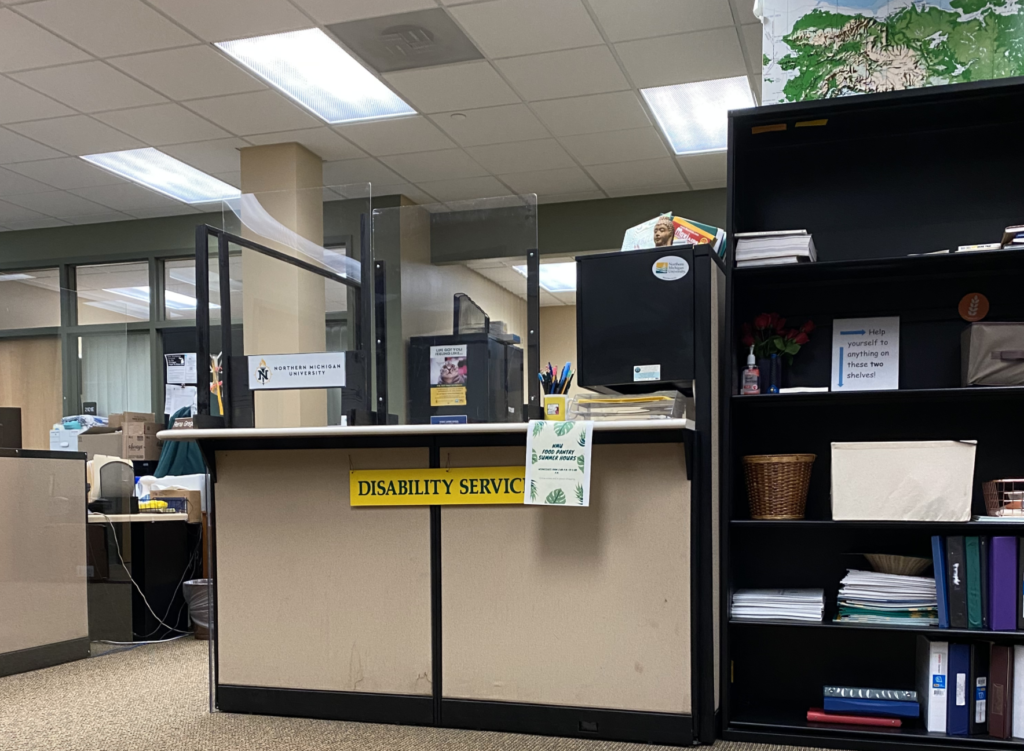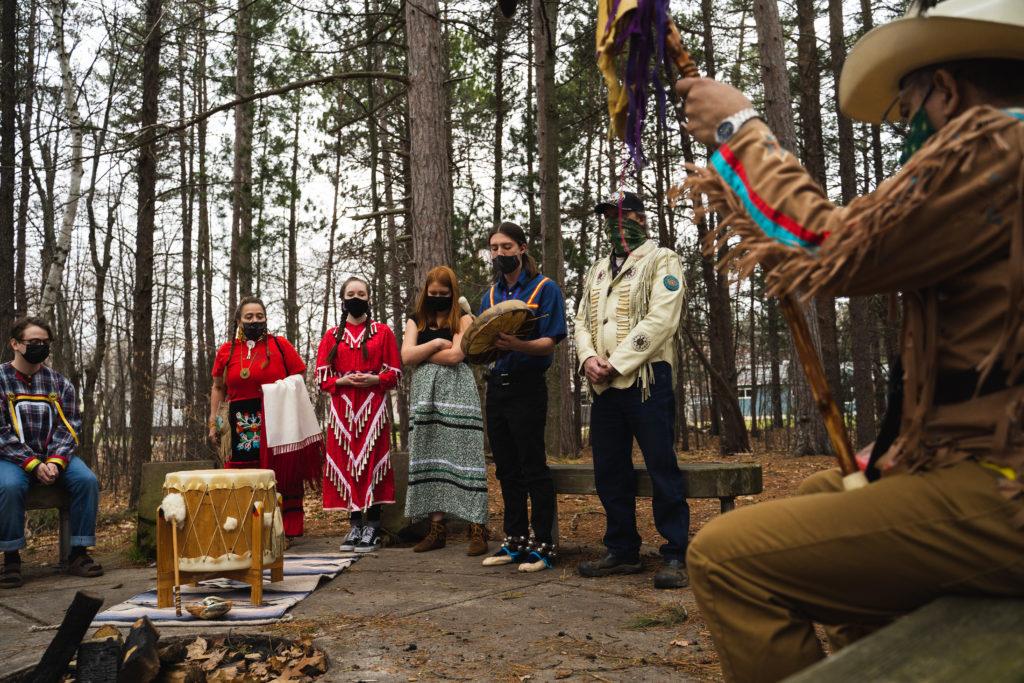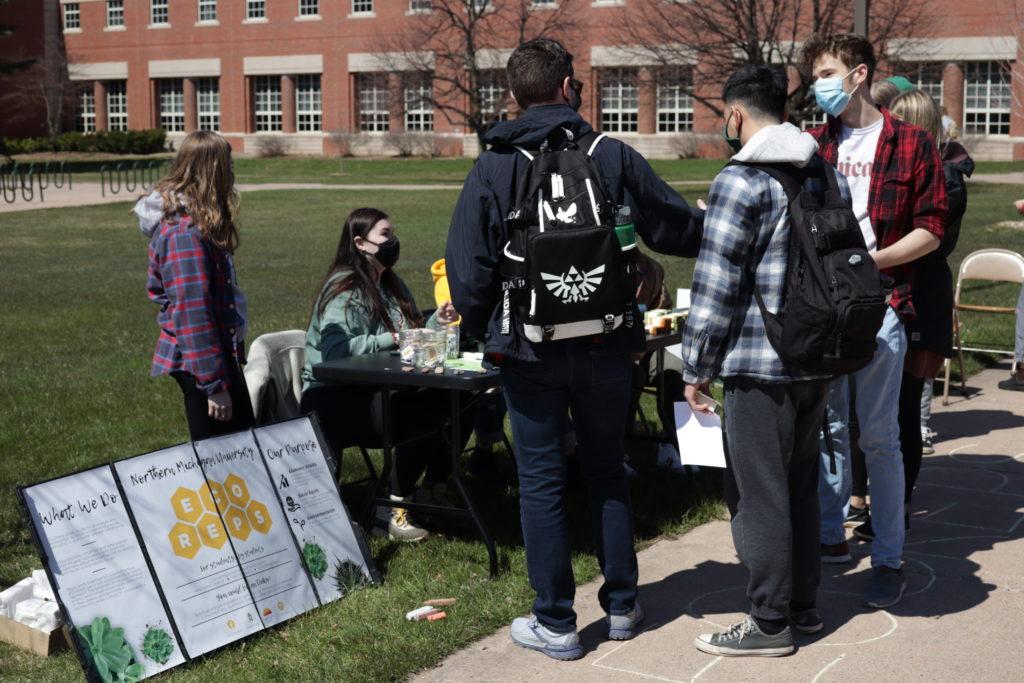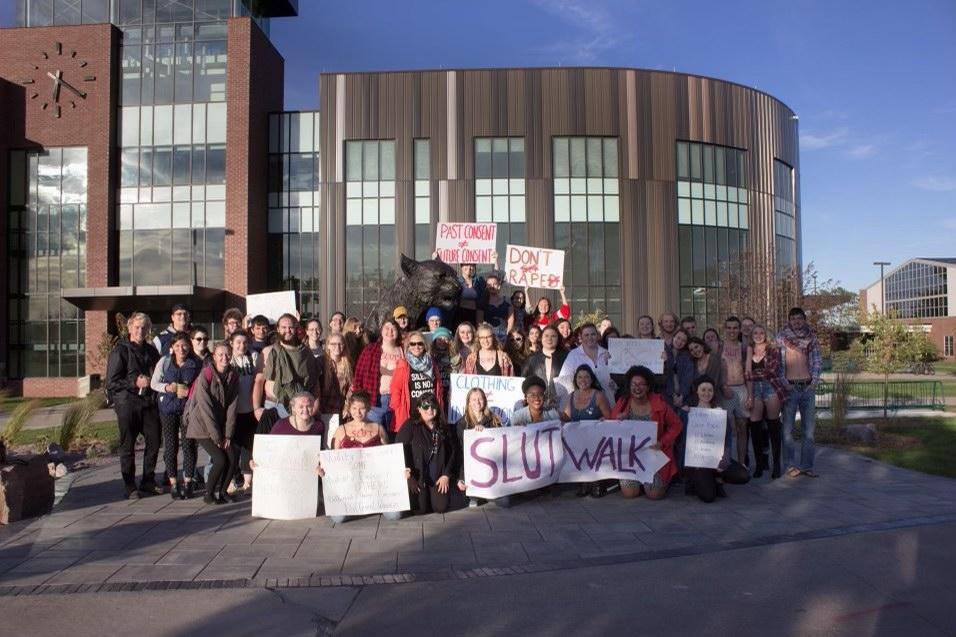When it comes to accessing the classroom having the needed resources can be imperative to a positive learning environment. One of the resources Northern has to make barriers to education easier is disability services. The office is open during the summer Monday through Friday from 7:30 a.m. to 4 p.m. and during the semester Monday through Friday from 8 a.m. to 5 p.m. Located at 2101 C.B. Hedgcock, the office offers various personalized accommodations for qualified students.
“It’s an individualized approach, one of the steps is to meet with me and talk about what are the barriers to education and learning. Then we try to tailor it to those needs. The most common accommodation is extended taking time, an alternative testing location, test readers, test writers and note-taking,” Harger Boal, head of disability services said.
In addition to those accommodations, the office also works with students who need different software and books in alternative formats, preferential seating in a course and snow removal.
“We try to tailor it to what are your needs and pick the accommodations that fit what’s best,” Boal said.
Boal advises incoming students who might need accommodation for the fall to reach out immediately and begin the process. To qualify for accommodation a student needs to have documentation of their disability. Proper documentation might include documents from high school, a previous university or college, a licensed psychologist or psychiatrist and documentation from a primary care doctor.
“Get the process started early, don’t hesitate to reach out over email or call just to touch base and find out what necessary steps they might need to take. A lot of times when things get difficult for students is when they wait and they’re already at this crisis moment, it’s very hard to do things retroactively. If we do things prior there is a better chance that the needs the students require can be met,” Boal said.
Through the past year, COVID-19 has changed how the office operates. Boal said although COVID-19 has hurt the community the office normally builds with students, he anticipates a return to more in-person and one-on-one meetings with students for the fall semester.
“I want to keep some of the good things we’ve learned from this experience [COVID-19]. I’m still going to offer Zoom calls for students who might not be able to physically be here or might not feel comfortable being around groups or have mobility issues. Why throw out all the good with the bad,” Boal said.
Boal says he enjoys his job because it allows him to work with all sorts of people on campus.
“My favorite part of my role is being able to work across the campus with lots of different offices and areas. I might be talking to someone over in dining about a student who has dietary concerns or the grounds crew in the facilities about what paths certain students might have to travel in the snow. I call all of the different department heads and professors of different classes to talk with them about accommodations for their students. I really get to interact with a lot of different spots on campus and students. I like that variety.”






























